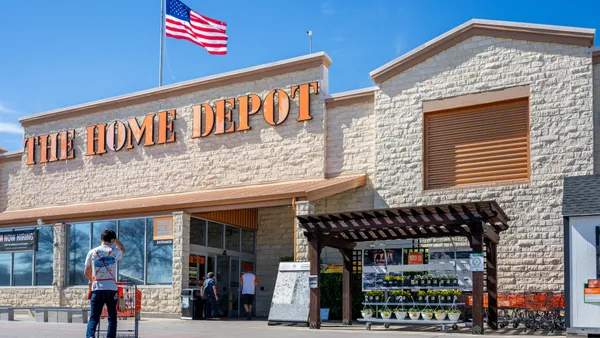Dive Brief:
- In its 2016 Annual Global Fraud and Risk Report, research company Kroll revealed that 70% of construction, engineering and infrastructure executives said their companies experienced some incident of fraud in the last year, down slightly from 75% in 2015.
- The most commonly experienced type of fraud reported for construction-related businesses involved vendors, suppliers or other procurement channels (28%), up 4% from last year. Respondents reported that the next most common type of fraud was internal financial, at 21%.
- Survey participants called fraud, cyber and security violations "the new normal," with 77% of construction executives reporting at least one cyber breach and 63% reporting security threats last year.
Dive Insight:
Other significant types of construction fraud reported in Kroll's survey of construction executives were theft of physical assets (19%), misappropriation of company funds (19%), corruption and bribery (19%), information theft (18%), regulatory or compliance breach (18%), market collusion (16%) and management conflict of interest (14%).
Dan Karson, chairman of Kroll Investigations & Disputes, said he believes that construction's fraud rate dipped last year due to greater prevalence of vendor codes of conduct, as well as companies engaging in government contracts being more concerned with possible ramifications of breaking rules. "There is a knowledge in the construction industry that, particularly in the area of those companies engaging in government contracts, that a false step puts them on a barred list for life and subjects them to criminal prosecution and fines," he told Construction Dive. "There’s a greater incentive, which didn’t exist 10 years ago, to maintain compliance."
Construction-related industries are slowly adopting new technology, but with that comes the potential for cyber-related incidents. In August, attorney Michelle Schaap of Chiesa Shahinian & Giantomasi told Construction Dive last year that the threat of increased cyberattacks was "a tradeoff for connectivity." The largest companies seem to have a fairly decent handle on their internet components, but according to Percipient Networks CTO Todd O'Boyle, mid-size and small businesses are favorite targets because criminals know they are naive about the possibility of a significant threat. B
No matter the industry, Kroll said that companies can reduce the number of fraud incidents by implementing stricter policies and educating employees, as 44% of survey participants said fraud had been revealed at their companies by a whistleblower, and 39% said that fraud had been detected through internal audits.











